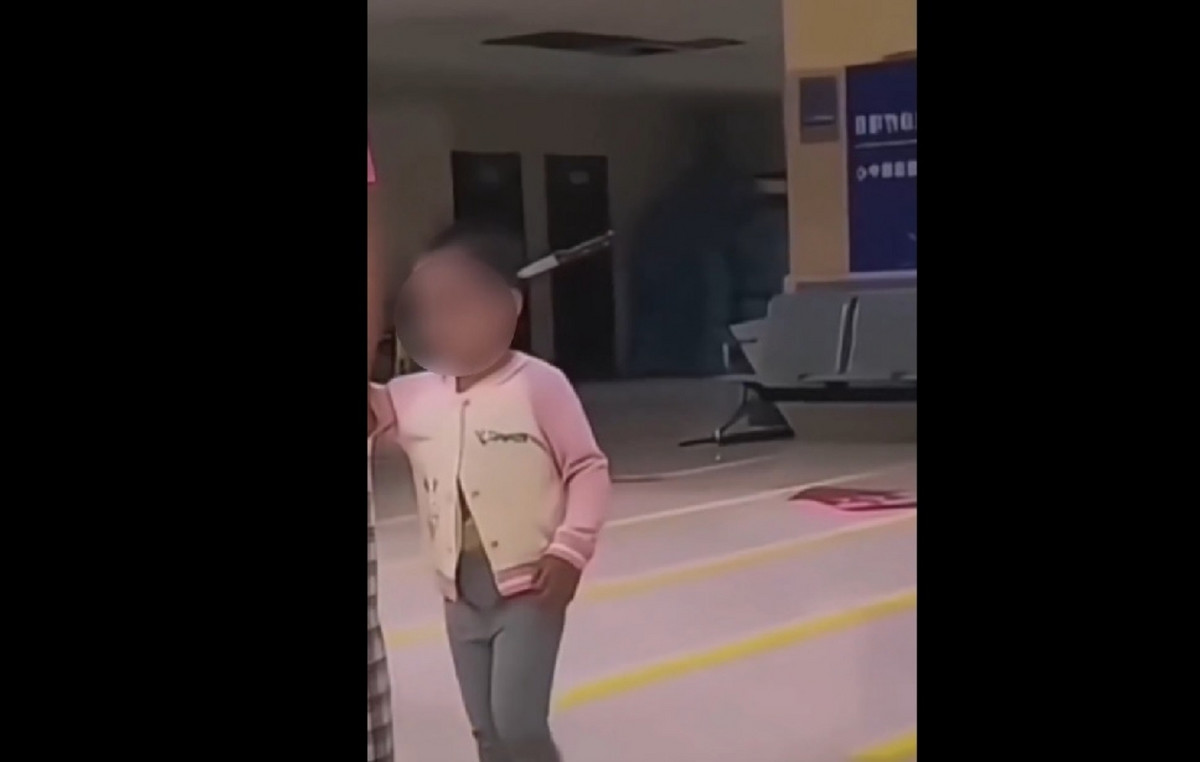Brazil has a slow decline in cases of severe acute respiratory syndrome (SARI) in practically all age groups of the adult population. The data were disclosed by the Oswaldo Cruz Foundation (Fiocruz) this Thursday (5).
Fiocruz’s InfoGripe bulletin suggests that the scenario can be attributed to the decrease in the incidence of SARS due to Covid-19 in the states of Rio de Janeiro and São Paulo, in addition to the interruption of the growth trend in other states of the country.
The document warns that despite the favorable scenario, 11 states still point to growth in the last six weeks. According to researcher Marcelo Gomes, possible impacts of the increase in cases due to the end-of-year celebrations should be observed in new editions of the bulletin.
“If the parties’ exposures really generate an impact, it can only be observed in cases associated with hospitalizations starting next week”, points out the InfoGripe coordinator, in a statement.
The study indicates a decline in long-term trends, which considers the last six weeks, and short-term trends, according to the last three weeks. The analysis released this Thursday is based on data entered in the Influenza Epidemiological Surveillance Information System (Sivep-Flu) until last Monday (2).
In the last four epidemiological weeks, the prevalence among cases with a positive result for respiratory viruses was 1.2% for influenza A; 0.1% for influenza B; 11.1% for respiratory syncytial virus (RSV); and 78.3% for SARS-CoV-2 (Covid-19). Among the deaths, the presence of these same viruses among the positives was 0.7% for influenza A; 0.1% for influenza B; 0.4% for respiratory syncytial virus; and 96.1% for the coronavirus.
In children aged 0 to 4 years, the respiratory syncytial virus maintains a significant presence, especially in São Paulo, the Federal District and in the three states of the southern region. There is also an increase in the presence of this virus in children in Espírito Santo, Minas Gerais and Roraima.
Eleven of the 27 federative units show moderate growth in the long-term trend of the last six weeks: Acre, Distrito Federal, Espírito Santo, Goiás, Mato Grosso do Sul, Minas Gerais, Piauí, Rio Grande do Sul, Rondônia, Roraima and Tocantins. In all these states, growth in the adult population is observed, especially in the age groups over 60, associated with an increase in SARS cases due to Covid-19.
Only six of the 27 capitals show moderate growth in the long-term trend up to the same period: Boa Vista (RR), Goiânia (GO), Manaus (AM), Palmas (TO), Recife (PE) and Rio Branco (AC).
For the states and capitals that show a drop, Fiocruz recommends caution in interpreting the data due to the possible impact of the year-end celebrations, whose possible effects will be observed in the coming weeks.
Source: CNN Brasil
I am an experienced journalist and writer with a career in the news industry. My focus is on covering Top News stories for World Stock Market, where I provide comprehensive analysis and commentary on markets around the world. I have expertise in writing both long-form articles and shorter pieces that deliver timely, relevant updates to readers.







